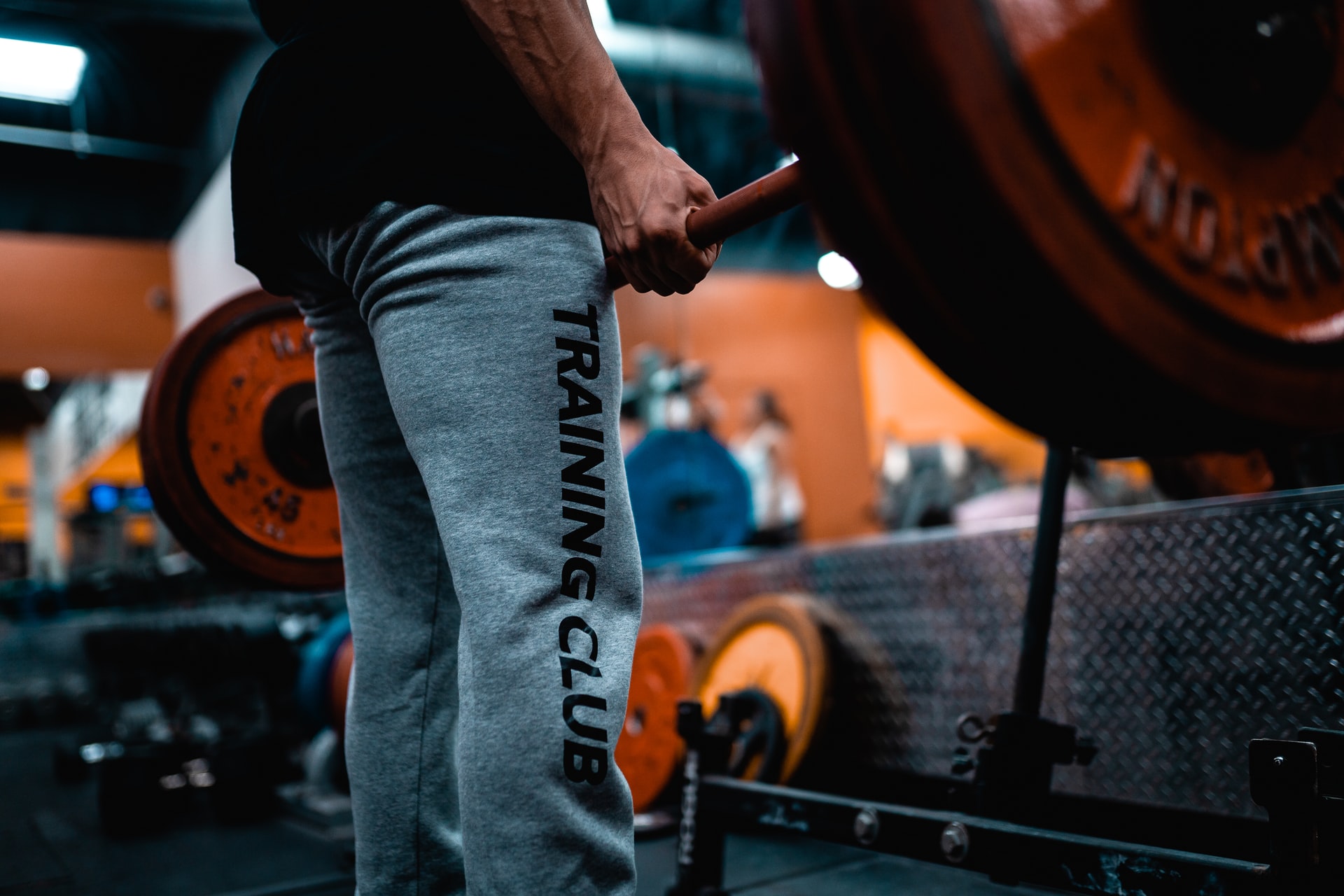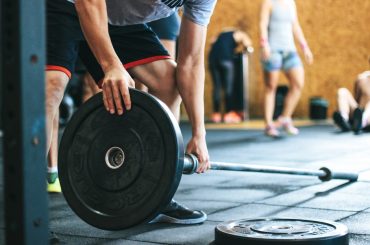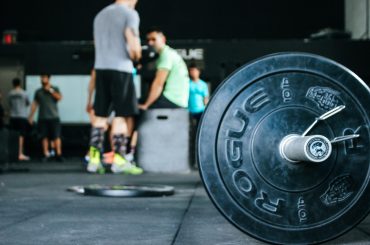Anabolic steroids are a type of anabolic steroid.
Synthetic or human-made versions of the male sex hormone testosterone are known as anabolic steroids. Anabolic-androgenic steroids are the correct nomenclature for these substances. The terms “anabolic” and “androgenic” allude to muscular growth and heightened masculine sex traits, respectively.
Steroids can be prescribed by doctors to treat hormonal problems such as delayed puberty. Steroids can also be used to treat conditions like cancer and AIDS that cause muscle loss. However, some sportsmen and bodybuilders abuse these medications in an attempt to improve their performance or appearance.
Male weightlifters in their 20s and 30s make up the bulk of those who abuse steroids. In women, anabolic steroid abuse is far less common. In the United States, it’s difficult to track steroid abuse because many national polls don’t ask about it. Teens, on the other hand, hardly utilize it. According to the 2016 NIDA-funded Monitoring the Future research, past-year steroids-usa consumption has decreased among 8th and 10th graders in recent years, while remaining stable among 12th graders.
 What are some of the ways that people abuse anabolic steroids?
What are some of the ways that people abuse anabolic steroids?
Anabolic steroids are commonly used orally, injected into muscles, or applied to the skin as a gel or cream by those who abuse them. These doses could be tens to hundreds of times higher than those used to treat medical diseases.
The following are some of the most common steroid abuse patterns:
- Cycling entails taking many dosages for a period of time, pausing for a period of time, and then resuming the process.
- Combining two or more distinct steroids and mixing oral and injectable kinds is known as stacking.
- Pyramiding is the process of progressively raising the dose or frequency of steroid abuse until a peak is reached, then gradually tapering off to zero.
- To avoid establishing a tolerance, plateauing involves alternating, overlapping, or substituting with another steroid.
There is no scientific proof that any of these activities decrease the drug’s negative medical effects.
What are the effects of anabolic steroids on the brain?
Anabolic steroids differ from other misuse substances in that they have various short-term effects on the brain. The most significant distinction is that steroids do not directly stimulate the reward system, resulting in a “high,” nor do they induce rapid increases in the brain chemical dopamine, which encourages most other types of drug use.
Misuse of anabolic steroids can result in mental side effects such as:
- skeptic (extreme, unreasonable) jealousy
- Excessive irritation and violence (sometimes known as “roid anger”).
- Mania is characterized by delusions—false thoughts or ideas that impair judgment.
What are anabolic steroids’ other side effects?
Infectious Diseases and Anabolic Steroids
People who inject steroids are more likely to get or spread HIV/AIDS or hepatitis.
Hepatitis caused by a virus is a very real consequence of substance abuse.
Aside from the mental negative effects, steroid use is linked to severe acne. It also causes swelling in the body, particularly in the hands and feet.
 Effects in the Long Run
Effects in the Long Run
Misuse of anabolic steroids can result in serious, even permanent health issues such as:
- kidney failure or issues
- Tumors and liver damage
- Even in young people, an enlarged heart, high blood pressure, and changes in blood
- cholesterol all raise the risk of stroke and heart attack.
- Blood clots are more likely to occur.
Other gender and age-related effects include:
- In men, shrunken testicles reduced sperm count and caused baldness.
- Breast development raises the chance of prostate cancer.
- Male-pattern baldness changes in or stops the menstrual cycle in women: growth of
- facial hair or excess body hair decreased breast size male-pattern baldness changes in
- or stops the menstrual period
- deeper voice due to clitoris enlargement
In adolescence:
- stunted development (when high hormone levels from steroids signal to the body to stop bone growth too early)
- a short stature (if teens use steroids before their growth spurt)
Some of these physical changes, such as men’s decreasing genital organs, might exacerbate mental side effects like depression.
Is it possible to become addicted to anabolic steroids?
Despite the fact that anabolic steroids do not produce the same high as other narcotics, they might lead to addiction. When a person continues to misuse steroids despite the fact that there are substantial repercussions, they develop a substance use problem. Addiction is the most severe manifestation of a substance use illness.
Despite medical issues, hefty drug expenditures, and poor consequences on relationships, people may continue to overuse steroids. The possibility for steroid addiction is reflected in these actions.
According to studies, some steroid users turn to other medicines, such as opioids, to alleviate the sleep issues and irritability that steroids produce.
When people who abuse steroids quit using them, they may experience withdrawal symptoms such as:
- fatigue
- restlessness
- a decrease in appetite
- issues with sleep
- Steroid desires are fueled by a decline in sex.
Depression is one of the more severe withdrawal symptoms, and it can sometimes lead to suicide attempts.
How can those who are addicted to anabolic steroids seek help?
A mix of behavioral therapy and pharmaceuticals has proven to be effective for some people seeking treatment for anabolic steroid addiction.
Patients have taken medications to help manage withdrawal symptoms in some cases of addiction. Antidepressants and pain relievers, for example, have been prescribed by doctors to treat depression and headaches, as well as muscular and joint discomfort. Other medications were administered to help the patient’s hormonal system heal.
 Things to Keep in Mind
Things to Keep in Mind
Synthetic versions of the male sex hormone testosterone are known as anabolic steroids.
Steroids can be prescribed by doctors to treat a variety of medical ailments. However, some sportsmen and bodybuilders abuse these medications to increase their performance or physical attractiveness.
Anabolic steroids are commonly used orally, injected into muscles, or applied to the skin as a cream or gel by those who abuse them.
Steroids are used in a variety of doses and schedules by those who abuse them.
Short-term side effects of anabolic steroids include paranoid jealousy, severe irritability and violence, delusions, impaired judgment, and mania.
Steroid abuse can affect some of the same brain pathways and chemicals that other drugs affect, such as the dopamine, serotonin, and opioid systems.
Misuse of anabolic steroids can result in serious long-term, even permanent health issues.
Several other gender- and age-related impacts exist.
People who inject steroids are more likely to get or spread HIV/AIDS or hepatitis.
Anabolic steroids can lead to addiction, even though they do not produce the same high as other drugs.
Behavioral therapy and drugs have proven to be effective for some people seeking treatment for anabolic steroid addiction. In some situations, medications might aid in the treatment of withdrawal symptoms.





